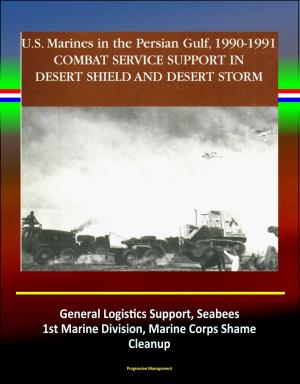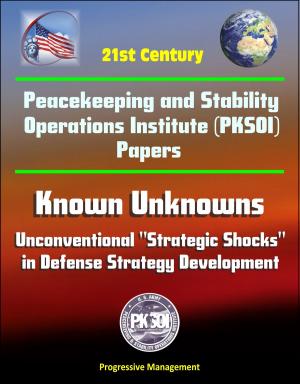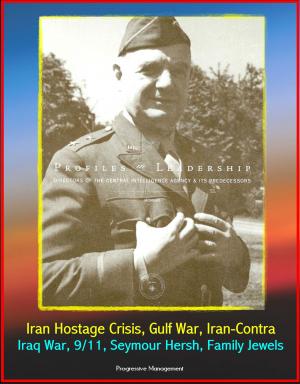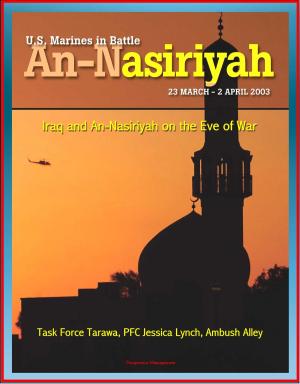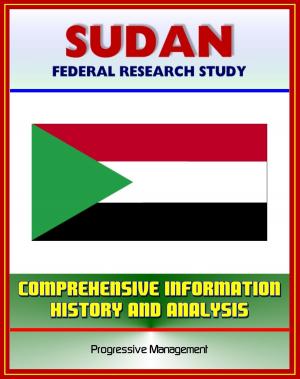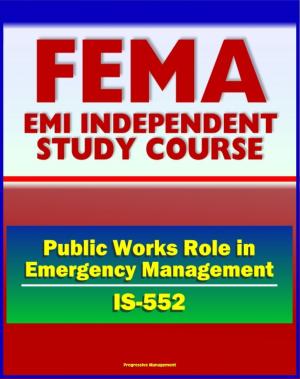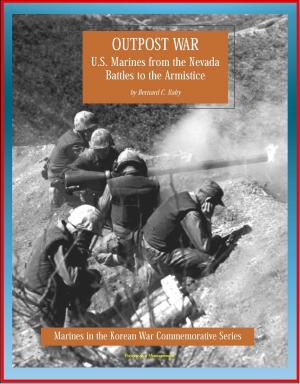The Russian Military and the Georgia War: Lessons and Implications - Ukraine and Crimea, NATO and EU, Putin and Obama, S-300 Missiles, Yushchenko, Yanukovich, Abkhazia, South Ossetia
Nonfiction, History, Asian, Russia| Author: | Progressive Management | ISBN: | 9781310225246 |
| Publisher: | Progressive Management | Publication: | March 16, 2014 |
| Imprint: | Smashwords Edition | Language: | English |
| Author: | Progressive Management |
| ISBN: | 9781310225246 |
| Publisher: | Progressive Management |
| Publication: | March 16, 2014 |
| Imprint: | Smashwords Edition |
| Language: | English |
In August 2008, the armed conflict between Russia and Georgia broke out on the territory of Georgia's breakaway regions of South Ossetia and Abkhazia. The Russian-planned military campaign lasted 5 days until the parties reached a preliminary ceasefire agreement on August 12. The European Union (EU), led by the French presidency, mediated the ceasefire. After signing the agreement, Russia pulled most of its troops out of uncontested Georgian territories, but established buffer zones around Abkhazia and South Ossetia.
On August 26, 2008, Russia recognized the independence of South Ossetia and Abkhazia, making them a part of what President Dmitry Medvedev called Moscow's "zone of privileged interests," and since then deploying five military bases on occupied Georgian territory.
In their monograph, Dr. Ariel Cohen and Colonel Robert Hamilton show how Russia won the war against Georgia by analyzing the goals of war, which include the annexation of Abkhazia, the weakening or toppling the Saakashvili regime, and the prevention of NATO enlargement in the Caucasus. The war demonstrated that Russia's military is in need of significant reforms and it indicated which of those reforms are currently being implemented. Finally, the war highlighted weaknesses of the NATO and EU security system as it pertains to Eastern Europe and specifically to the countries of the former Soviet Union.
The war also demonstrated the weaknesses of NATO and the EU security system, because they provided no efficient response to Russia's forced changing of the borders and occupation of an Organization for Security and Cooperation in Europe (OSCE) member state.
In August 2008, the armed conflict between Russia and Georgia broke out on the territory of Georgia's breakaway regions of South Ossetia and Abkhazia. The Russian-planned military campaign lasted 5 days until the parties reached a preliminary ceasefire agreement on August 12. The European Union (EU), led by the French presidency, mediated the ceasefire. After signing the agreement, Russia pulled most of its troops out of uncontested Georgian territories, but established buffer zones around Abkhazia and South Ossetia.
On August 26, 2008, Russia recognized the independence of South Ossetia and Abkhazia, making them a part of what President Dmitry Medvedev called Moscow's "zone of privileged interests," and since then deploying five military bases on occupied Georgian territory.
In their monograph, Dr. Ariel Cohen and Colonel Robert Hamilton show how Russia won the war against Georgia by analyzing the goals of war, which include the annexation of Abkhazia, the weakening or toppling the Saakashvili regime, and the prevention of NATO enlargement in the Caucasus. The war demonstrated that Russia's military is in need of significant reforms and it indicated which of those reforms are currently being implemented. Finally, the war highlighted weaknesses of the NATO and EU security system as it pertains to Eastern Europe and specifically to the countries of the former Soviet Union.
The war also demonstrated the weaknesses of NATO and the EU security system, because they provided no efficient response to Russia's forced changing of the borders and occupation of an Organization for Security and Cooperation in Europe (OSCE) member state.

